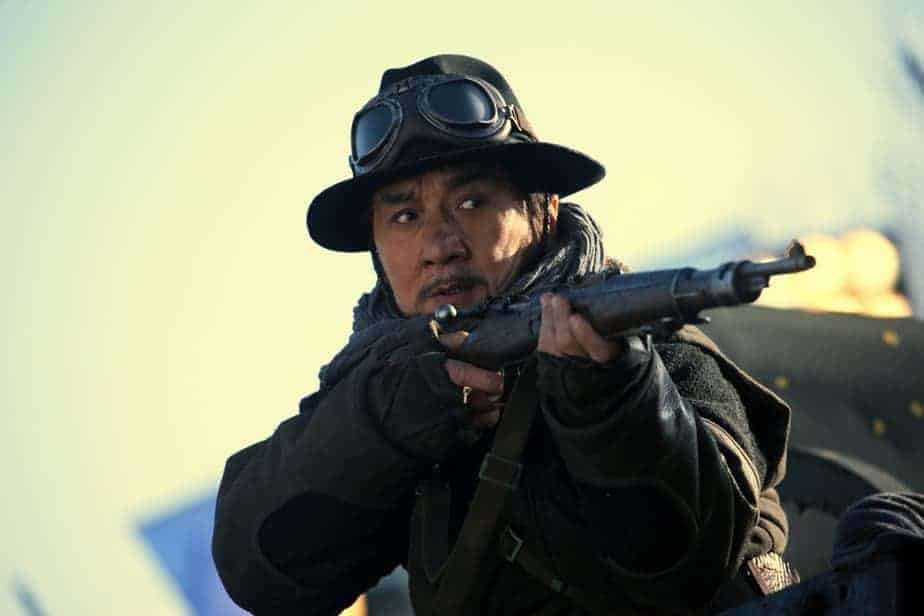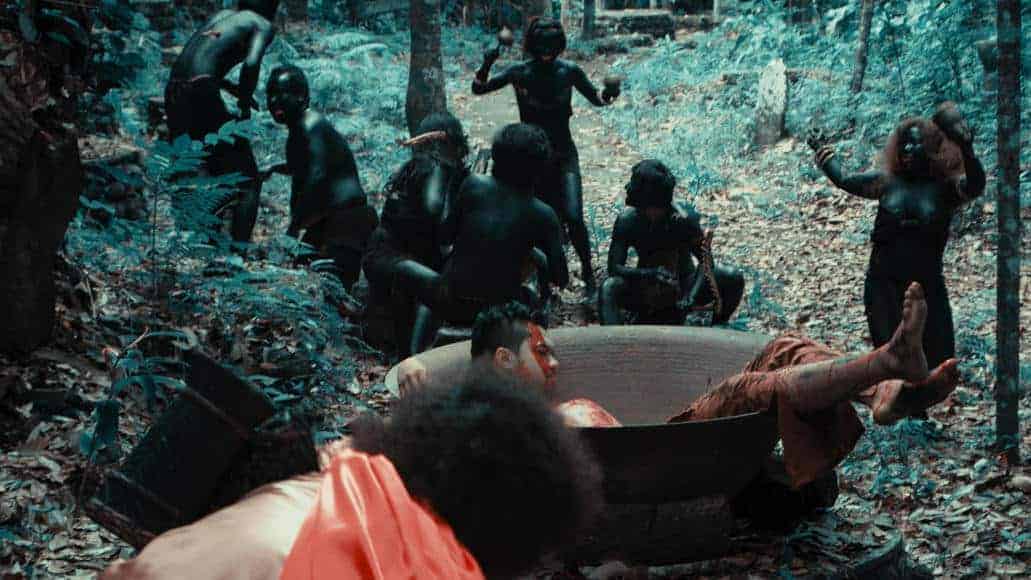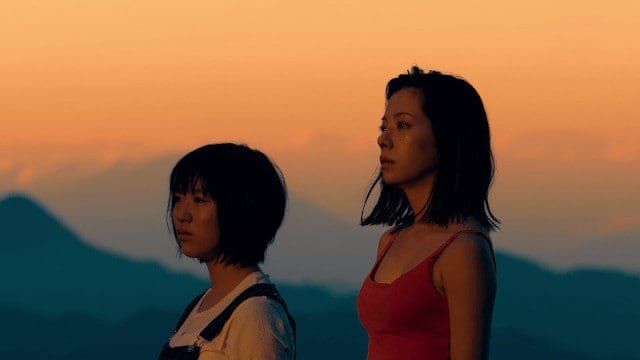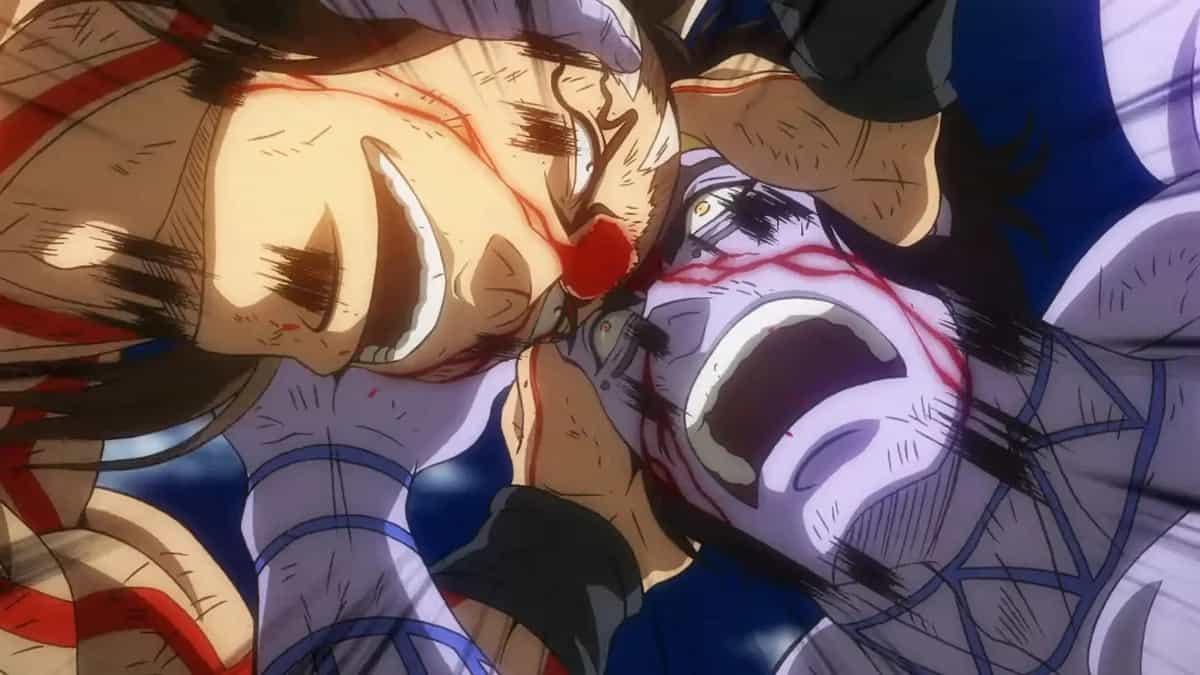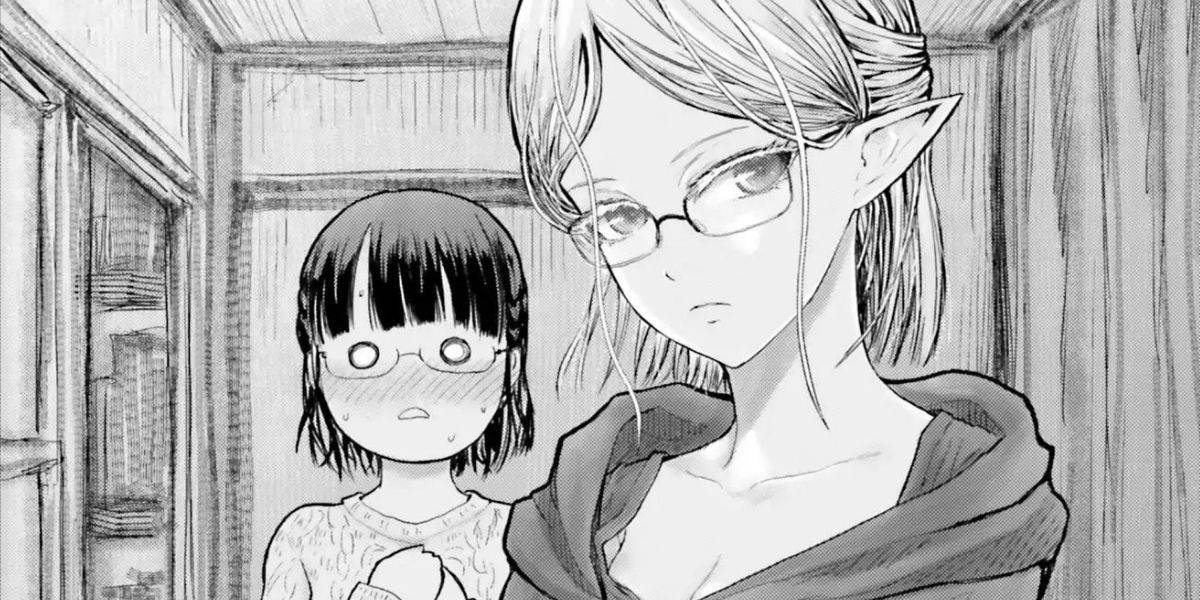Movies centred around the repercussions of childhood trauma are a dime a dozen, but with “The Slug”, writer-director Choi Jin-young offers up a more nuanced take on this tired premise. The South Korean filmmaker has enjoyed relative success with her numerous short films and jumps straight into challenging themes with this, her feature debut. The result is a profoundly touching work that benefits from treating its subject matter with realism and maturity.
The Slug is screening at Osaka Asian Film Festival

The plot follows Chunhui (Kang Jin-ah), a young woman living a mostly solitary life in her aunt and uncle's home where she grew up. Quiet and kind-hearted, Chunhui's isolated existence is disrupted when she's struck by a bolt of lightning one night on her way home. The incident sparks a strange phenomenon in which she is frequently visited by her teenaged self (Park Hye-jin). Forced to confront the troubles of her childhood, she ponders how to make the most of this bizarre situation.
The film's premise allows for much of the story to be told in flashbacks, as the narrative is essentially split into two parts; one following Chunhui as an adult and another that delves into her lonely upbringing. The most revealing of these is the latter, as we see first-hand how even the subtlest abuse can be damaging for a child. A young and orphaned Chunhui lethargically wanders through her aunt and uncle's house, leaving behind a shiny trail of sweat, a result of what is likely a nervous condition. Much like the titular slug, she's an unwanted presence, a nuisance to the resentful relatives burdened with taking her in. The level of neglect here borders on farcical as the uncertain teen is left with a matchbox attic bedroom and even embarrassed by a disinterested teacher.
Flash forward some years later, and Chunhui doesn't seem like someone deeply affected by the likes of survivors' guilt, cripplingly low self-esteem, and even depression. Rather than being presented with a Chunhui who spends her time sobbing and cursing her upbringing, we're instead shown a cheery and kind-hearted soul making the most of her dour situation. However, this is a more realistic depiction of someone struggling with mental health issues, as the growing weight on Chunhui's mind seems ever-present. Choi could easily take liberties by over-dramatising Chunhui's childhood trauma and later adult struggle, but she instead takes a more restrained approach that reinforces a strong sense of sympathy. This lack of melodrama helps to paint a more realistic picture of someone dealing with childhood-induced mental health issues, and the film is all the more impactful for it.
As for the sudden appearance of Chunhui's younger self in her adult life, the narrative ignores the ‘hows' and ‘whys' of this fantastical turn of events and instead uses it to explore the idea of self-healing. In a roundabout way, the movie delves into how important it can be to confront your past in order to heal and move on, and in this case, Chunhui does so literally. Subtlety is not lost on the story in this way, but for the purposes of the film as a character study, it works very well. By contrast, Choi highlights the pitfalls of modern society's ability to deal with mental health issues sufficiently, shown through Chunhui attending a therapy class that ends up exploiting those in need. Such criticism and Chunhui's general characterisation are refreshing and depict ongoing struggles with deep-seated childhood trauma in a grounded cinematic light.
With Chunhui being the focal point of “The Slug”, so much depends on Kang Jin-ah, who rises to the challenge to deliver an excellent performance. The actor relies on subtlety in her acting, as she hides her struggles behind a brave face for much of the runtime. There are, however, a few moments of emotional outburst in which she shines under the spotlight. A similar assessment can be made of the young Park Hye-jin, who puts in a solid showing as the teenaged Chunhui. Enjoyable secondary performances are also found in Hong Sang-pyo and Byeon Joong-hee, whose characters are vital pillars of support for Chunhui at various points in the film.
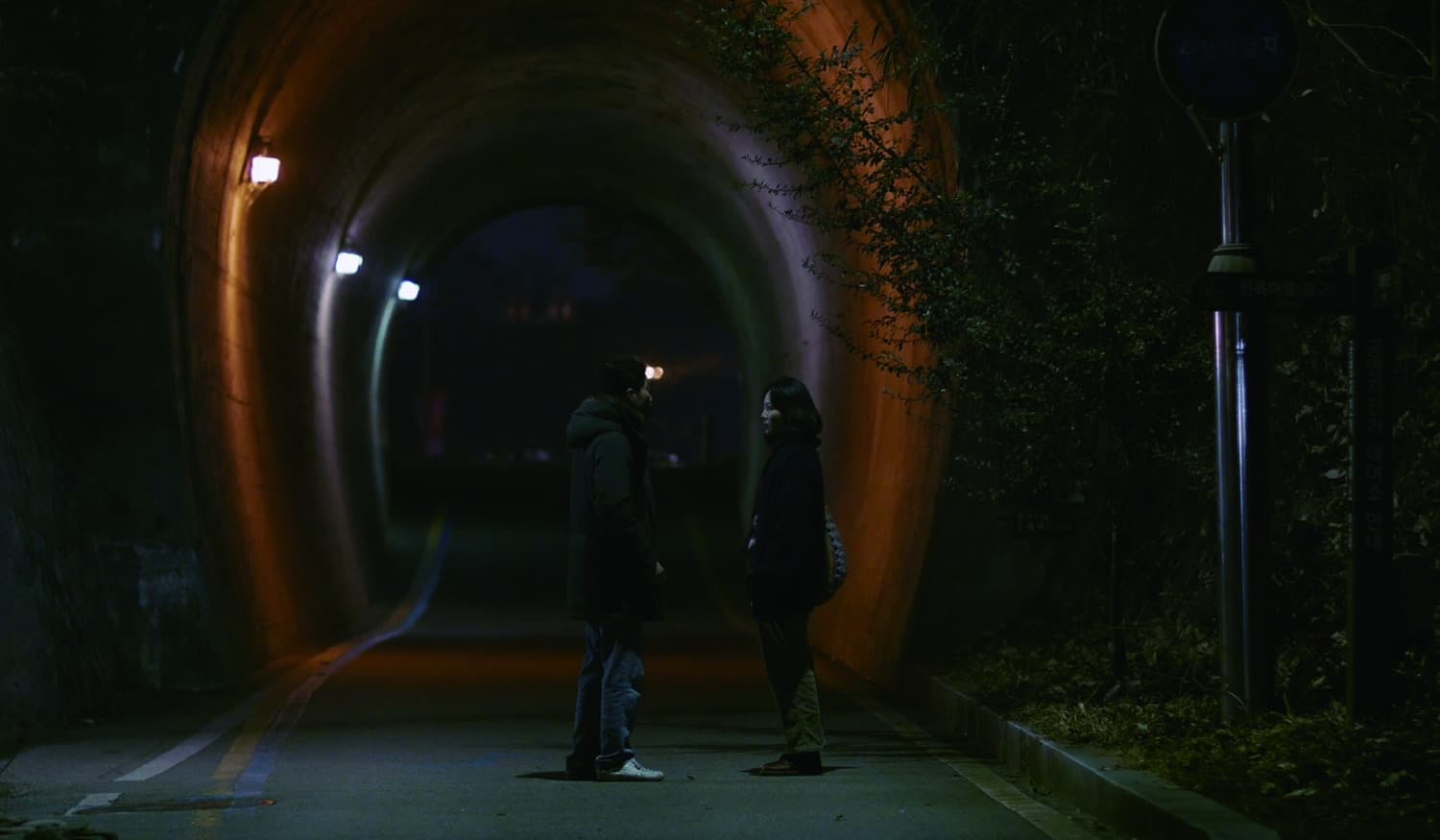
Considering that this is her feature debut, it's impressive to see Choi stamp a distinct style on her work early on. The director is patient in her storytelling approach and employs precise camerawork to linger on specific moments of quiet just a little longer, enshrouding us in Chunhui's lonely world. Choi's editing work is also excellent as the cuts between Chunhui's past and present are seamless, innovative, and structured in a way that allows the story to unravel in a satisfying fashion.
It's worth noting that despite many sombre moments, the film is filled with a lot of dry wit, much of which works as a result of its off-kilter nature. There are a handful of moments where you're unsure whether you should laugh or cry. The movie does lose face momentarily during the final sequence as an air of sentimentality wanders in, but this is only a minor blip in what is otherwise a tonally consistent picture.
With “The Slug”, Choi Jin-Young has announced herself as a filmmaker to keep an eye on. The movie is a mature and sympathetic tale of self-acceptance that takes its subject matter seriously and presents it in a nuanced fashion. Solid performances and an engaging editorial approach serve to enhance what is a thoroughly enjoyable film.



